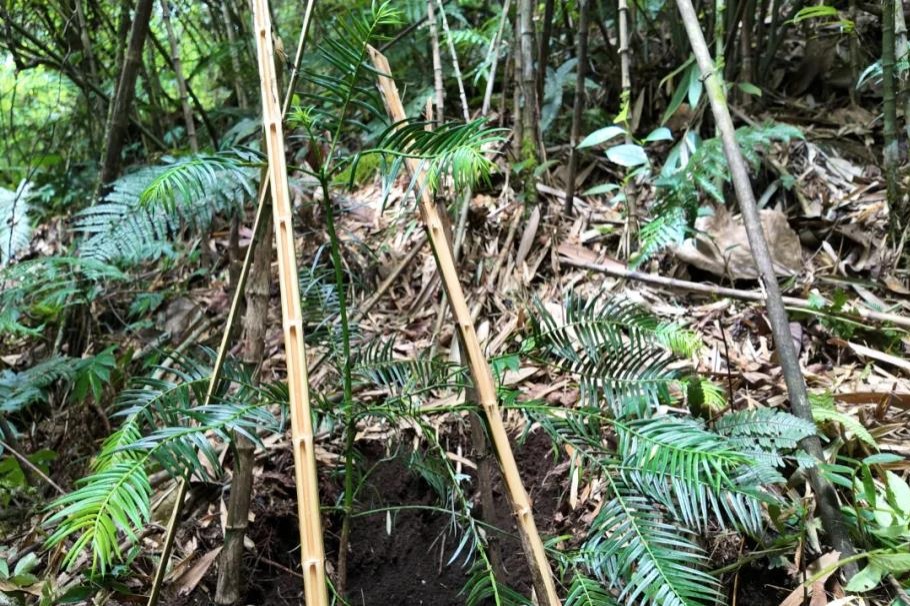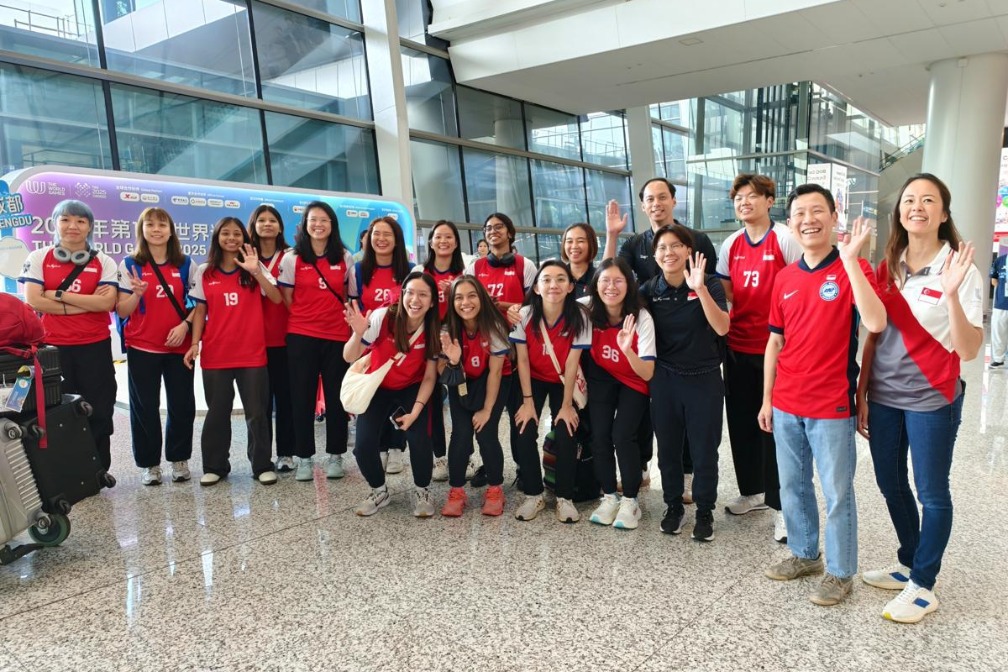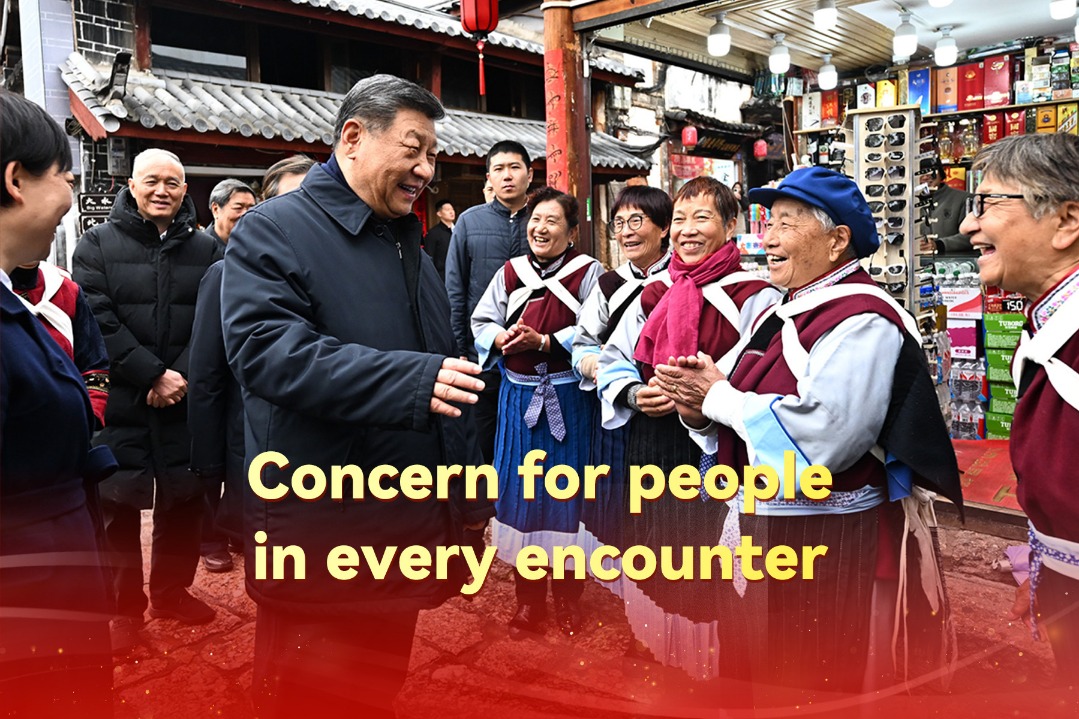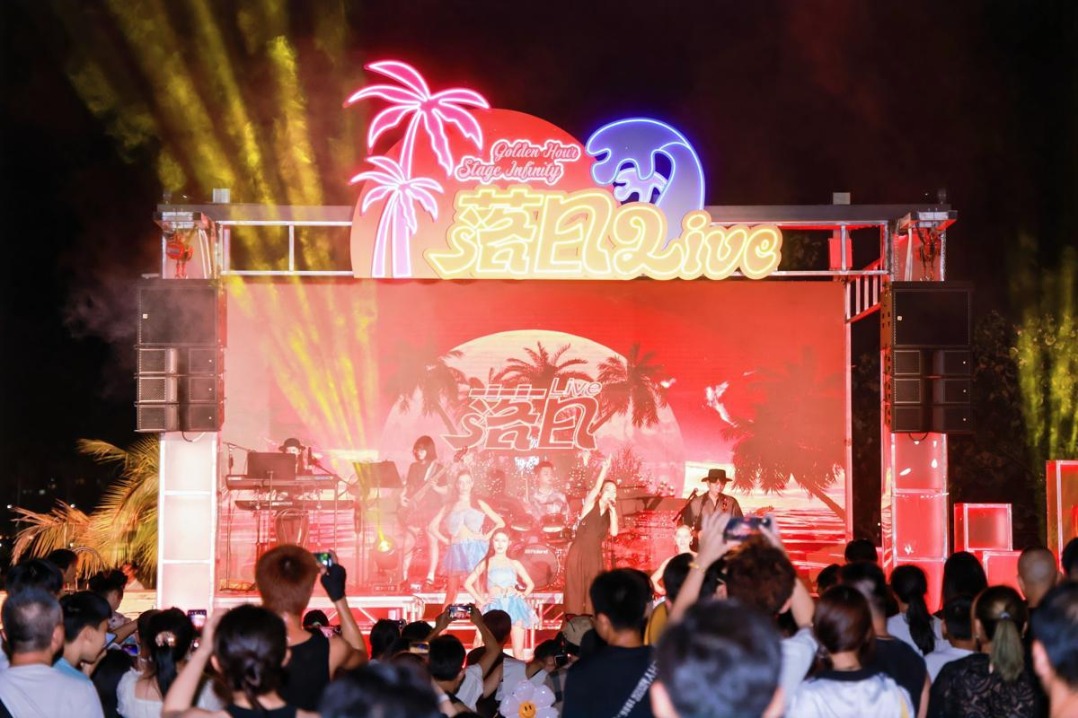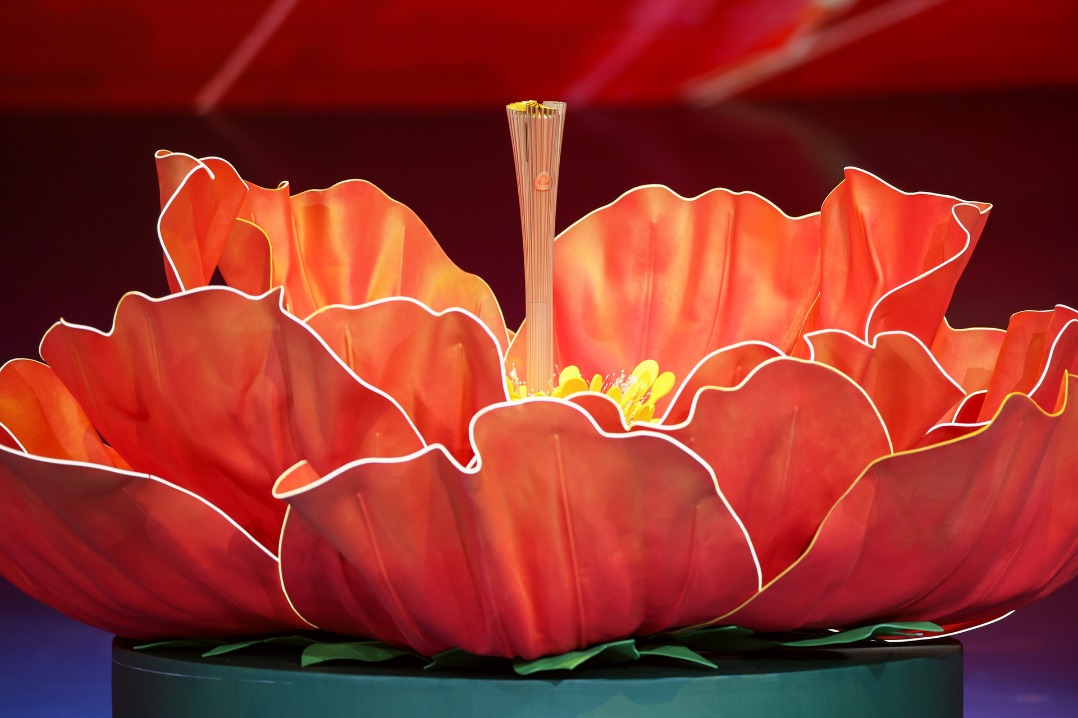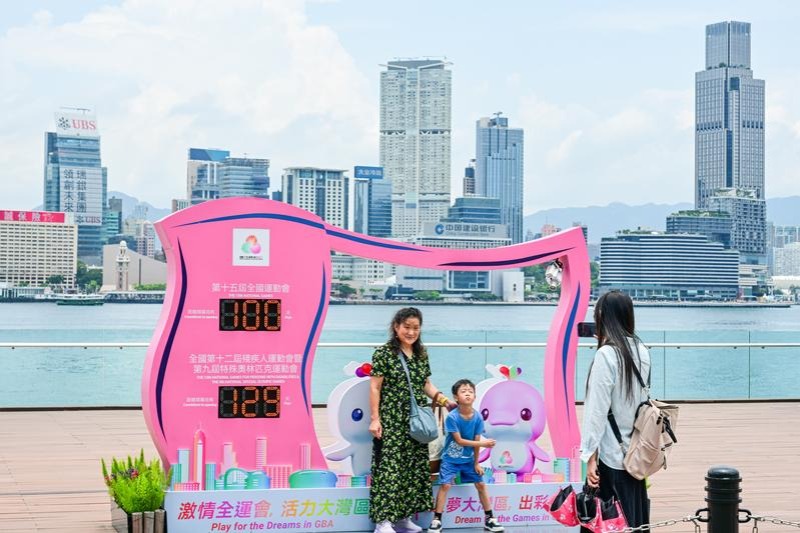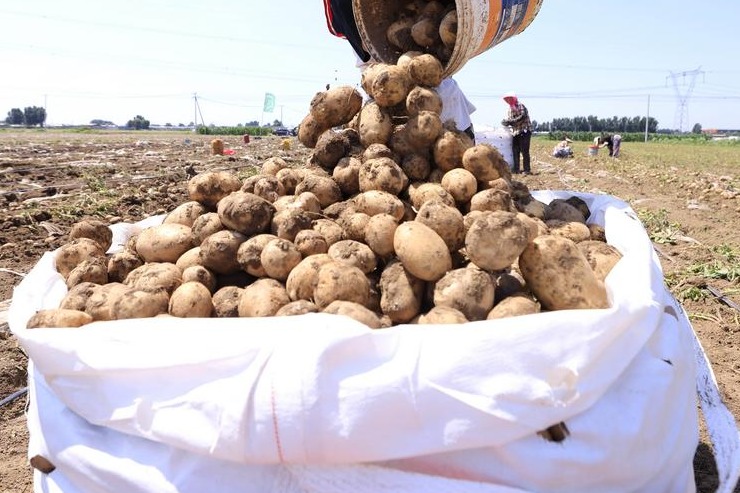Former industrial manufacturing site transformed into cultural creative hub

In an area where three urban districts converge in Hefei, Anhui, lies the Hechai 1972 Culture and Creativity Industry Park, a complex repurposed from a former factory.
Imbued with the charm of a bygone era, the park symbolizes the city's rich history, having started out as the Hefei Diesel Engine Plant in 1972.
Today, the park is a city landmark and tourist attraction, with visitors surpassing 50,000 per day during national holidays.
The business occupying the factory relocated in May 2018, leaving behind a space that presented a formidable challenge to the local government.
"A systematic spatial inspection by the government revealed glaring inefficiencies plaguing the former factory site," said Chu Zhaohai, director of the Hefei bureau of natural resources and planning.
Spanning 615 hectares, the site comprised the original plant and a shantytown.
"Scattered layouts, unreasonable functionality, incomplete infrastructure, fragmented ownership and extensive land usage combined to create an insurmountable obstacle," said Chu.
Challenges included impasses in land requisition negotiations and sluggish new industry adoption, coupled with deficient infrastructure support.
Obstacles also arose in aligning diverse interests, forging a consensus on reform and integrating innovative policies, hindering the transformative conversion of inefficient land use.
The Hefei authorities decided to streamline development by combining planning, land requisition and industry integration.
Determined to honor the city's heritage while imparting a new lease of life on the land, a plan for an "industrial memory town" was made in 2019 with the overarching vision for cultural development.
The plan has since been lauded for its redevelopment of inefficient tracts of land, and how it has synchronized preservation with renovation to create a new cultural landscape.
Notably, 137 new creative and cultural enterprises covering digital media, graphic design, art exhibitions and more have been seamlessly integrated into the revitalization project.
The park's success is evident in its growing employment opportunities and revenue, said Chu.
As of last year, more than half of the area had been redeveloped, with over 2,000 jobs created and revenue of 350 million yuan ($48.1 million) generated. The revenue is projected to reach 700 million yuan this year, according to Li Ruifeng, general manager of the park's developer Hefei Binhu Group.
Through the redevelopment, Hechai 1972 has unleashed the immense potential embedded within land-use planning by diversifying land uses from the original two categories to six.
"The project development has facilitated the complete access to nine roads encircling the area, coupled with kindergartens, primary schools, community centers serving local residents, markets and parking lots, all fulfilling the infrastructure needs in the near vicinity," said Li.
Zhou Ping, general manager of Hefei Yipai Media, said he decided to relocate his company to the park late last year.
"The park's identity as a cultural and entrepreneurial hub aligns perfectly with the company's business model, for example, providing access to national-level cultural innovation policies and excellent transportation links," said Zhou.

Today's Top News
- US putting its old-generation chips on Chinese table in a bid to stop Ascend
- Atheletes accommodation centers open for Chengdu 2025
- Unified national market a new growth launchpad
- US deal a structural challenge for Japan
- Industrial prowess of China a subject of serious study
- US new tariffs 'unfair': Experts
















